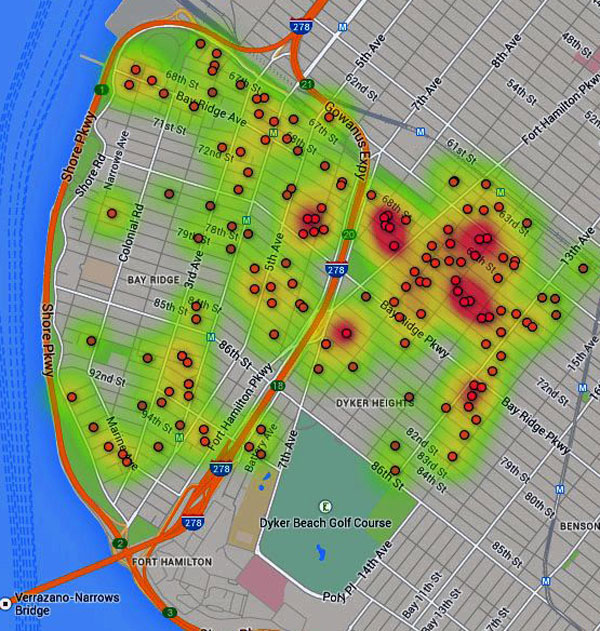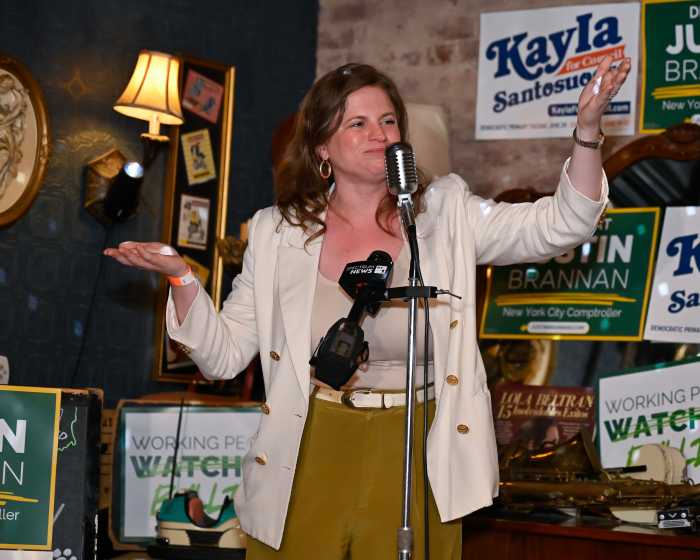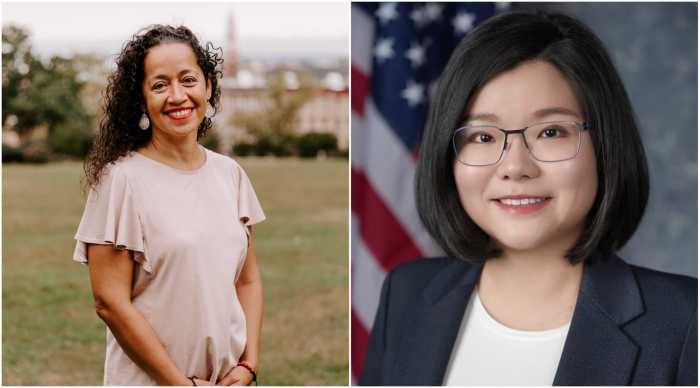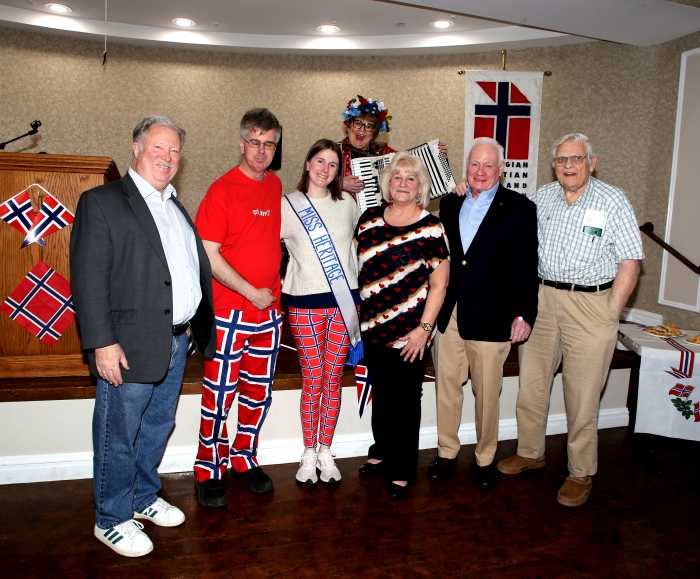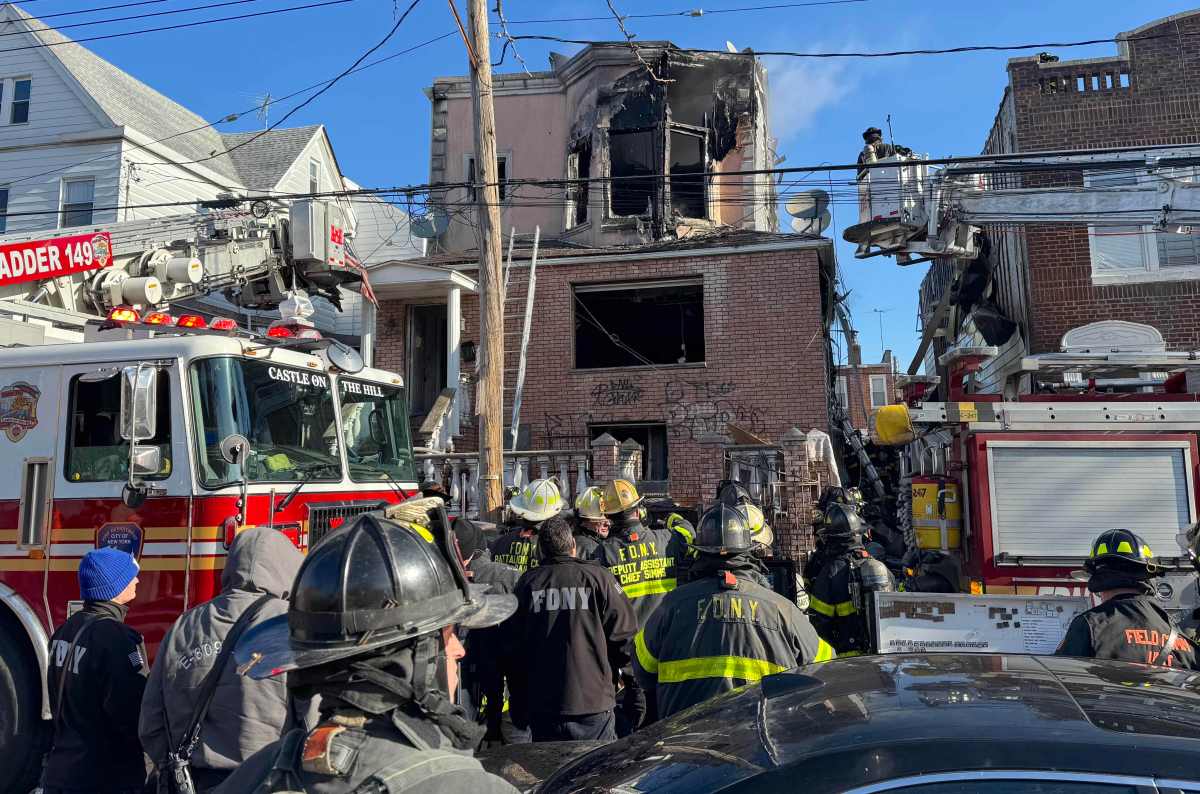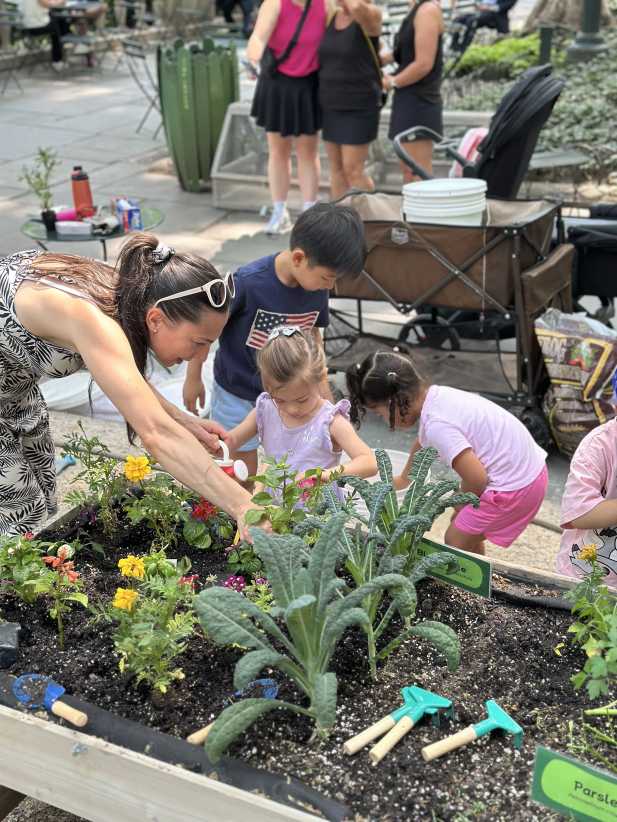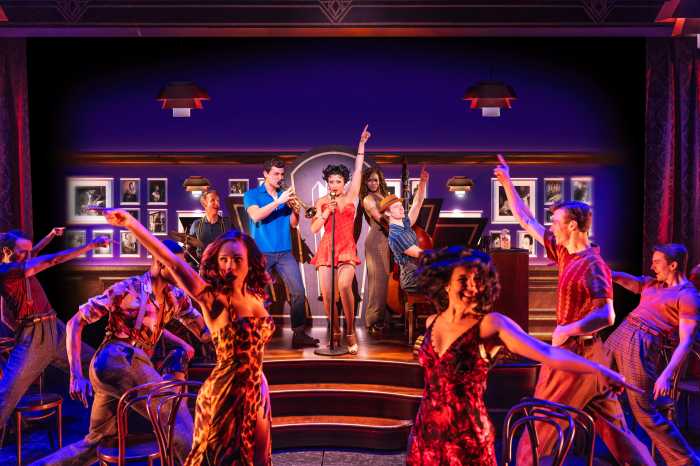Legislation to combat illegal home conversions that Borough President Adams and two Brooklyn councilmen promised months ago is still on the drafting table because of a legal snag.
The suite of bills would stiffen fines for ignoring building codes and dicing one- and two-family homes into multi-family apartments — and direct the collected fines into a fund to help families who get the boot when inspectors order illegally converted homes vacated.
Announcing the proposal in March, Adams and council sponsors Vincent Gentile (D–Bay Ridge) and Jumaane Williams (D–Flatbush) said they’d introduce the bill by the end of the month, but that never happened. Three months later, community leaders in Bay Ridge and Dyker Heights are asking “where’s the bill?”
“I haven’t seen any movement on anything,” said Dyker Heights resident Bob Cassara, who heads the Brooklyn Housing Preservation Alliance, which has been advocating on the issue for the past year.
Lawmakers are working on the bills, but the legislation requires special approval from the mayor, a Gentile staffer said.
“We can set up the fine for the aggravated illegal conversions, and we can set up a fund to help disenfranchised tenants, but what we can’t do — as Council — is demand that the money from the fines go into that fund,” said Michael Bistreich, Gentile’s legislative director.
Mayor DeBlasio would have to sign off on the plan for that to happen — something he has yet to do. The mayor’s office did not respond by press time to repeated requests for comment on the bottleneck.
Gentile introduced two other conversion-related bills last year with little subsequent movement. One would help inspectors access buildings where landlords refuse to let them in, and the other requires the buildings department to give community boards an annual list of builders who lie on permit applications. Neither bill has yet come up for a vote, but Gentile’s office plans to push them as a package with Adams’s complementary bill once it is introduced, Bistreich said.
Illegal conversions — and the city’s lack of action to stem them — have long riled residents of Southern Brooklyn. Activists charged that the Department of Buildings was barely responsive to the hundreds of complaints residents logged.
But the city appears to have begun taking the problem more seriously in recent months, community leaders report.
Many people living in illegally converted homes are immigrants, and conversations about the issue often strike racial overtones.
Adams’ proposal to pay for displaced families’ housing begins to address social-justice issues inherent in the matter, according to an advocate for Asian housing issues.
“The underlying issue is xenophobia,” said Afreen Alam, executive director of advocacy group Chaaya. “There’s no way to get around it without policy changes — you can’t change the mind of an anti-immigrant.”
Chaaya is pushing a program to help homeowners legalize basement apartments by making them safe and bringing the underground operations into the sunlight. The group is also advocating for more below-market-rate housing as a solution to subdividing existing homes.
The Department of City Planning has proposed letting developers build taller citywide in the hope it will create more cheap housing, but many Ridgites fear the proposal will lead to the demolition and redevelopment of historic buildings.
Foremost, the city needs to extend preventative measures to stop recidivist sub-dividers who get shutdown in one location and pop up in another, Cassara said.
“It’s like playing whack-a-mole over here,” he said.


